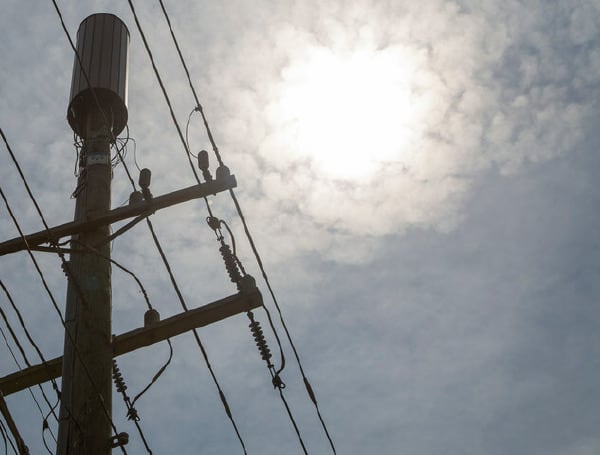Duke Energy Florida on Monday filed a proposal to pass along $56 million in savings to customers after passage of a federal law that provides tax breaks for renewable energy.
Duke customers are expected to face increased electric bills in 2023. But the proposal, which was filed at the Florida Public Service Commission, would trim those increases.
“We understand our customers need some relief, and this is an opportunity for Duke Energy to pass tax savings to our customers,” Duke Energy Florida State President Melissa Seixas said in a prepared statement. “We will continue to look for creative solutions to provide relief and focus our efforts to deliver the best possible service.”
The Duke proposal came after Florida Power & Light last month made a similar filing to pass along $384.1 million in savings to customers over three years. The FPL proposal is pending approval from the Public Service Commission.
In the news: Gov. DeSantis, First Lady Make Appearance At Lynyrd Skynyrd Concert In Florida, Band Donates $100,000 To Ian Relief
The commission in 2021 approved settlements that included base-rate increases for Duke and FPL. But the settlements also included requirements that rates be adjusted if federal tax laws change. The Duke and FPL proposals stem from tax savings in the new federal law known as the Inflation Reduction Act, which President Joe Biden signed in August.
The law included tax credits for solar-energy projects. Both utilities would start to pass along the savings in January.
But customers still are expected to see their bills increase because of other factors, including soaring costs of natural gas to fuel power plants. Duke residential customers who use 1,000-kilowatt hours of electricity a month had been expected to see their monthly bills jump from an average of $148.23 this year to $170.68 in 2023.
With the tax savings taken into account, the bills would go to $168.90, according to the filing. Utilities use 1,000-kilowatt-hour residential bills as a benchmark, but customers use widely varying amounts of electricity.
Visit Tampafp.com for Politics, Sports, and National Headlines. Support journalism by clicking here to our GiveSendGo or sign up for our free newsletter by clicking here.
Android Users, Click Here To Download The Free Press App And Never Miss A Story. Follow Us On Facebook Here Or Twitter Here.
Copyright 2022 The Free Press, LLC, tampafp.com. All rights reserved. This material may not be published, broadcast, rewritten, or redistributed.

